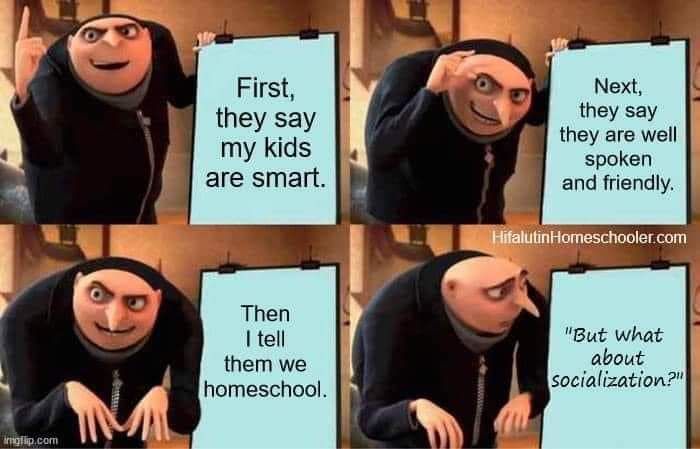.png)
The boy who was 'supposed to' fail
The boy who was 'supposed to' fail
The boy who was 'supposed to' fail
Greetings Eddies!
It just came to my attention that the OpenEd Daily hit a new milestone over the weekend: 20,000 subscribers!
Rather than resting on our laurels, we take this as a sign of the growing appetite for trustworthy content related to the opening up of education.
And so we're doubling down and upping our game, with a goal to reach hundreds of thousands of families with a message of encouragement (you've got this!) backed by carefully curated content.
I'd love to hear what kind of content you'd like to see more (or less) of: Deep dives? Homeschool tips? Curriculum/tool suggestions? Subject guides (math, science, etc.)? Memes?
See all the options and vote on Facebook.
Onward & upward,
THOUGHT: Expectations Defied
TREND: The Science of Success
TOOL: Safety First
Expectations Defied
We got a big response to our Facebook post asking "What's a moment that reminded you why you homeschool?"
But one mom’s comment stood out.
Jean shared a story about her son, who was diagnosed with Autism, ADHD, and severe dyslexia. Before joining OpenEd, his teachers said he'd end up in the Principal's office. Jean feared that he might not function as an adult.
Fast forward to last week. Jean got an email from a battery scientist her son had been working for. He wanted to thank her for raising such a capable person—her son knew how to do things more experienced engineers couldn't.
Jean's response? "God gave him his talents. He worked hard to develop them. We just tried to stay out of the way."
Thanks for sharing, Jean!
The Science of Success
Research from Stanford's Center on Adolescence confirms that when students identify purpose in their learning, academic performance rises, persistence increases, and social belonging improves.
Heather Malin, former director of research at Stanford's Center on Adolescence, developed a four-part purpose learning framework. Teen brains are wired for exploration and impact. "If we can align school learning activity to that exploratory process," she says, "we have a powerful way to motivate teens."
Jean's son didn't need external motivation. He had purpose. Real work. Real stakes. Real people counting on him.
Read Malin's full purpose learning framework
Safety First
Purpose is powerful. But neurodivergent kids often can't access their purpose if their nervous system is in crisis.
In a podcast titled "Navigating Sensory Overload: Actionable Strategies for Kids in Loud Environments," Colleen Kessler at Raising Lifelong Learners notes that participation flows from safety. You can't force a dysregulated kid to participate and hope they'll feel safe later. You build safety first.
Colleen recommends building a proactive toolkit before your child faces overwhelming sensory situations. Here are two foundational strategies:
Pre-visit "recon". Visit the space beforehand. Create a "noise map"—where are the calm zones, the watchful zones, the overwhelming zones? Identify exits and safe spots. Know the layout before asking your child to show up. (Yes, this sounds like mission prep for a heist. That's because it basically is.)
Preload regulation. Before entering, have your child do 2-3 minutes of "heavy work"—wall push-ups, jumping jacks, deep breathing. Ground their nervous system first, so they can handle new input without falling apart.
Read the full sensory support toolkit at Raising Lifelong Learners
Meme Monday

It was going so well until the end… 🤦♀️ How do you respond?
Subscribe to The OpenEd Daily
Join 20,000+ families receiving curated content to support personalized learning, every school day.
.webp)
.avif)


.png)
.png)
.png)